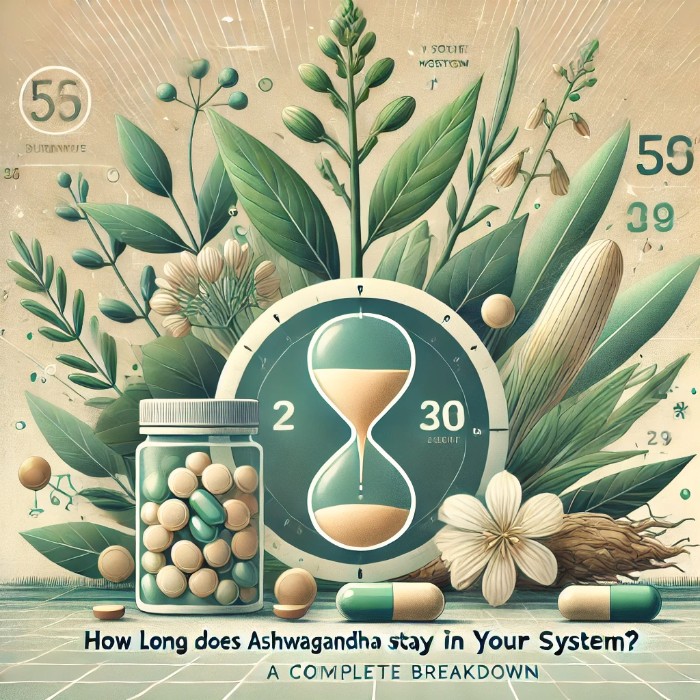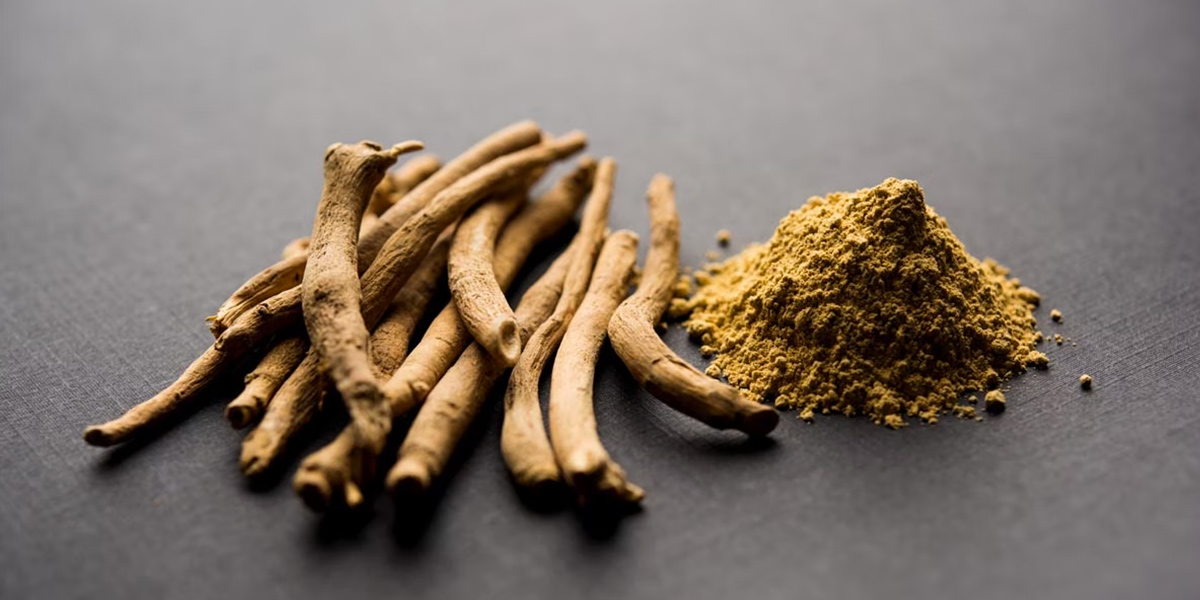How Long Does Ashwagandha Stay In Your System

Ashwagandha, an herb revered in Ayurvedic medicine, has surged in popularity as a natural remedy for stress, anxiety, and sleep issues. But a common question arises among those considering or already using this adaptogen: How long does ashwagandha stay in your system?
Understanding the duration of ashwagandha's presence and effects is crucial for informed usage. This article explores the science behind ashwagandha's elimination from the body, factors influencing its half-life, and implications for its purported benefits.
The Science of Ashwagandha's Absorption and Elimination
Ashwagandha's active compounds, primarily withanolides, are responsible for its therapeutic effects. After ingestion, these compounds are absorbed into the bloodstream through the digestive system.
The body then begins to metabolize and eliminate them. The speed and efficiency of this process determine how long ashwagandha remains active within the system.
The concept of half-life is essential here. Half-life refers to the time it takes for the concentration of a substance in the body to be reduced by half.
Determining Ashwagandha's Half-Life
Research on ashwagandha's pharmacokinetics, or how it moves through the body, is still ongoing. However, studies suggest that ashwagandha's half-life is approximately a few hours.
One key study, though limited in scope, points to a half-life ranging from 2.5 to 4.5 hours for withaferin A, one of the prominent withanolides.
This indicates that, on average, the concentration of withaferin A reduces by half within this time frame.
This doesn't mean that all traces of ashwagandha are gone after this period, but rather that the concentration has significantly decreased.
Multiple doses of Ashwagandha could prolong the existence of withanolides.
Factors Influencing Ashwagandha's Duration
Several factors can influence how long ashwagandha stays in your system. These include dosage, frequency of use, individual metabolism, and overall health.
Higher dosages will generally take longer to be completely metabolized and eliminated compared to lower dosages. Individuals with faster metabolisms may process and eliminate ashwagandha more quickly.
Liver and kidney function also play a crucial role in detoxification. Impaired liver or kidney function can slow down the elimination process, potentially prolonging the duration of ashwagandha's effects.
Implications for Benefits and Side Effects
The understanding of ashwagandha's half-life has implications for its therapeutic effects. Because of its relatively short half-life, consistent and regular use is often recommended to maintain a steady level of its active compounds in the body.
This regular intake is thought to be necessary to experience the full range of benefits, such as reduced stress and improved sleep.
Similarly, understanding how long ashwagandha stays in the system can help manage potential side effects.
Though generally considered safe, some individuals may experience side effects such as digestive upset, drowsiness, or, rarely, liver problems. Being aware of the elimination timeline can help individuals monitor and address any adverse reactions.
Some medical experts suggest a washout period, discontinuing use for a week or two every few months, to prevent potential tolerance or accumulation of the herb in the body.
This is also important to test and reassess the efficacy of ashwagandha, and whether it is producing the intended results.
Individual Variability and Consultation
It's crucial to remember that the information provided is general and based on available research. Individual experiences can vary significantly.
Factors like age, genetics, diet, and concomitant medications can all influence how your body processes ashwagandha. Therefore, the best approach is to consult with a healthcare professional or qualified herbalist.
They can assess your individual health profile, consider potential interactions with other medications, and provide personalized guidance on ashwagandha usage.
Self-treating can be dangerous, especially for individuals with pre-existing health conditions. A professional can also help determine the appropriate dosage and frequency of use.
Ultimately, understanding how long ashwagandha stays in your system is just one piece of the puzzle when it comes to responsible and informed usage of this popular herb. Always prioritize safety and seek expert advice.


















